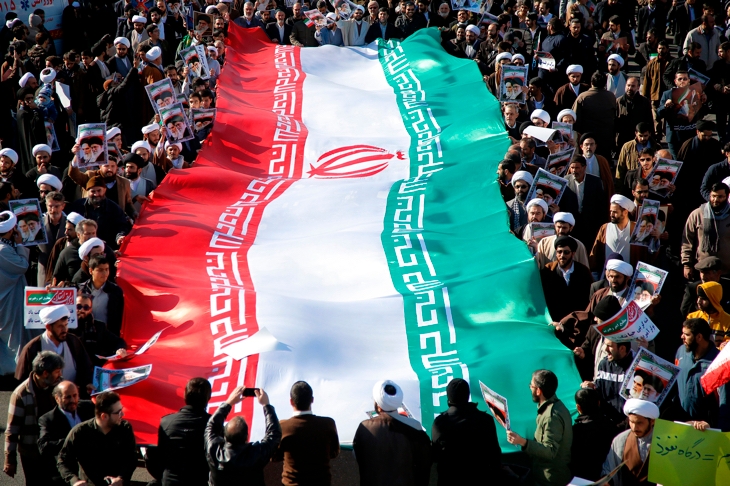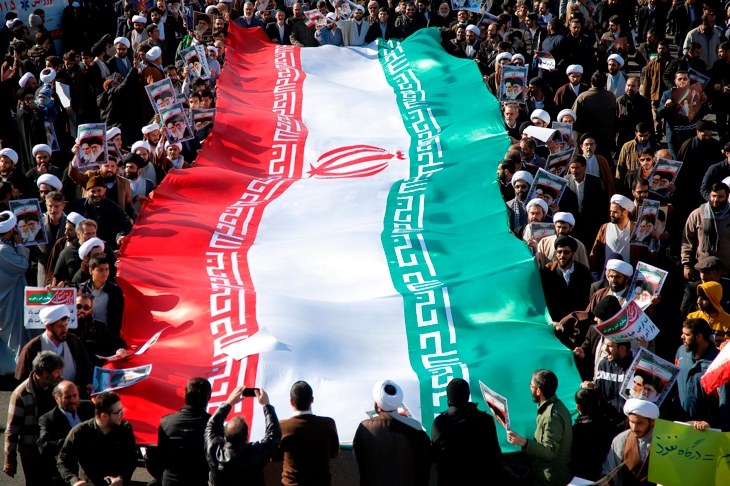Jonathan Powell seems to be unavoidable at the moment. Having read his first two books a couple of times I felt a weary sense of resignation on news of the third. It wasn’t until I saw and heard him on channel 4 news that I felt serious irritation. We, whoever ‘we’ may be, should talk with everyone, everywhere, at any time, because we always do anyway – pretty much summed it up.
Words are important – the more so when they are delivered by Tony Blair’s former chief of staff, who is much credited with making a serious contribution to the Belfast Agreement. Jonathan Powell is a serious man, although one would be hard pushed to recognise that if you tuned into his Channel 4 performance.
What really annoyed me was his statement that the British government had spoken with the IRA in 1972, then in 1974 and 1975, and that this had led rather seamlessly to the talks which began in the late 1980s. In fact, the talks with the IRA in 1972 were an unmitigated disaster. Democratic politicians were left out of the loop, the Irish government and parliamentarians ignored. The late William Whitelaw and a handful of mandarins and spooks felt it was about time they had a look at ‘these chaps’. The IRA delegation was over the moon. For them this was 1921 all over again.
The IRA was negotiating the future of Ireland with the British government. Gerry Adams and Martin McGuinness were then utterly ignorant of the political realities of life in these islands. Of the survivors, Ivor Bell is presently awaiting trial in alleged connection with the murder of Jean McConville.
What did the IRA leadership make of all of this? The Brits are on the run, one more heave will do it! I have no hesitation in saying that the talks prolonged the squalid degradation of the ‘long war’. With regard to 1974 and 1975, I certainly know something of that, as I was an IRA activist in County Tyrone for all of that period. The truth is that it was largely a divide-and-conquer operation by British intelligence.
The Adams and McGuinness that Jonathan Powell met more than 20 years after the 1972 fiasco were unrecognisable. Why was this? It was because they had been brought to their knees by the determination of the majority of people in Northern Ireland not to give in to them, by the citizens allied to the incredible bravery and expertise of police officers and soldiers on both sides of the border. Powell’s experience and analysis has little to offer, and – combined with probable misconceptions about his standing and authority – could be positively dangerous.
It is patently ludicrous to promote his drivel in areas of major geopolitical concerns, where there are wars, competing governments, religions, cultures, ideologies, tribes and vast natural resources at stake. There is also the simple matter of right and wrong, which seems to be regarded as just an irritation. Some belief systems are simply more noble than others and should be proudly promoted.







Comments